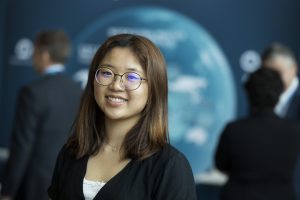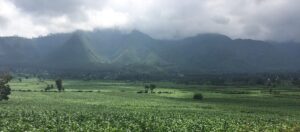- SIWI – Leading expert in water governance
- /
- Latest
- /
- Source-to-sea at the Ninth World Water Forum, Dakar
Source-to-sea at the Ninth World Water Forum, Dakar
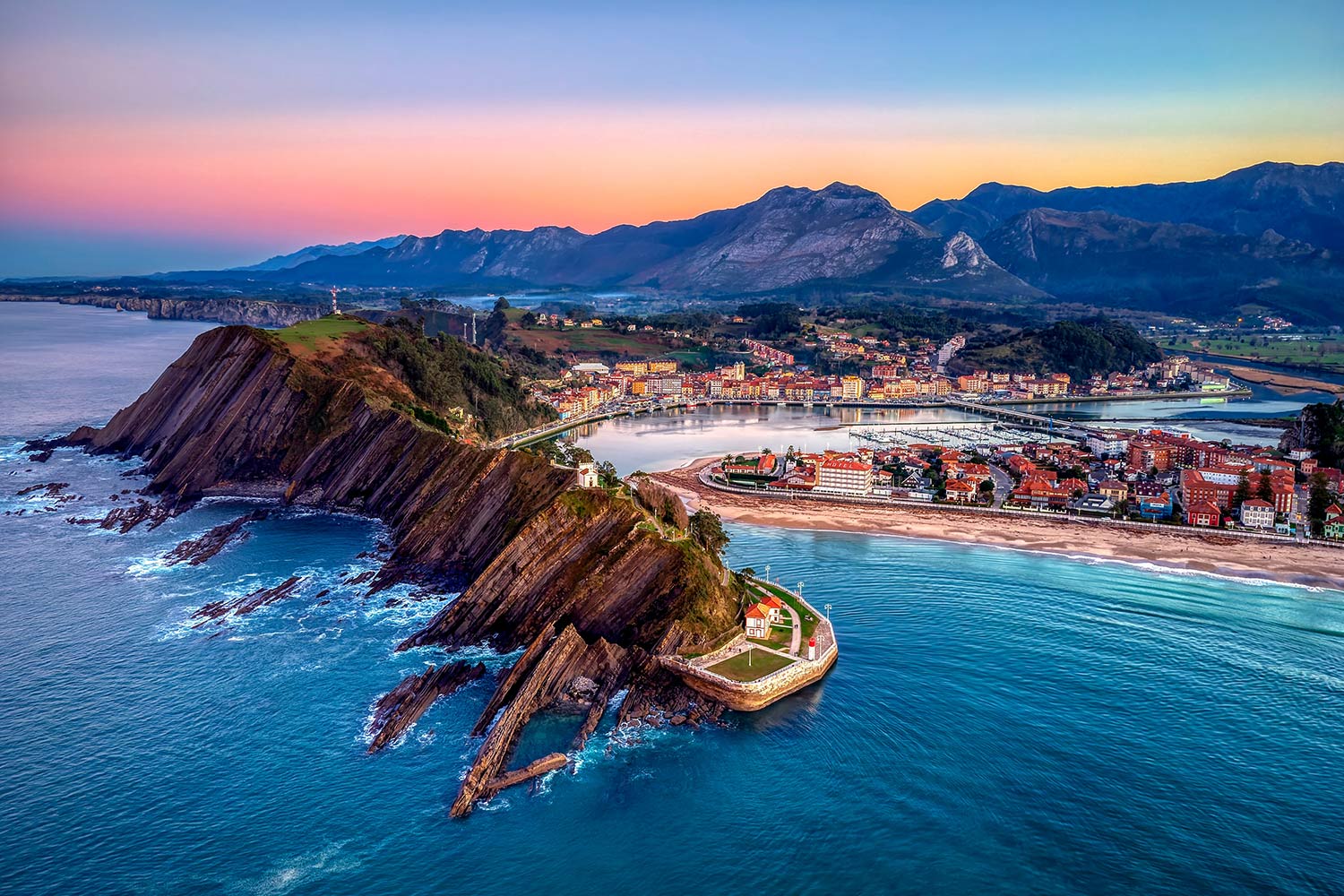
With the ninth World Water Forum in Dakar now in full swing, we grabbed a moment with Ruth Mathews, Coordinator of the Action Platform for Source-to-Sea Management, who is currently there spreading the source-to-sea message.
So what is the World Water Forum and why is it such a pivotal event in the water calendar?
The World Water Forum is without a doubt the world’s largest water event. This year it’s being held in Dakar, Senegal, and is expected to attract 10,000 participants from all corners of the globe. Governments, multilateral institutions, academia, the private sector and even civil society organizations will come together to try and formulate direct actions for water and sanitation issues. The theme this year is ‘Water Security for Peace and Development’ with a focus on developing an accelerated roadmap to reach the 2030 Agenda. There are four priorities around which all the sessions will be structured: Water Security and Sanitation, Cooperation, Rural Development, and Means Tools. The forum happens every three years, the last being held in 2018 in Brazil.
How will you be contributing to the World Water Forum?
My main contribution to the World Water Forum is to convene a session on ‘Strengthening policies and governance for water security from source-to-sea’. This session will explore the need for, and the benefits of, governance that considers linkages between terrestrial, freshwater, coastal and marine environments. Global examples of cross-sectoral coordination and upstream-downstream cooperation in the management of terrestrial, freshwater, delta, coastal, nearshore and ocean ecosystems will be shared. A dynamic dialogue between a range of experts will discuss what they have learned about the opportunities, challenges, barriers, and solutions that arise when bringing together stakeholders for management, from source-to-sea.
I will also be presenting in a session about improving water quality through inclusive governance from source-to-sea, launching a book on source-to-sea studies with UNESCO-IHP, sharing the source-to-sea approach in a session about tools for ecosystem-based land and water management, and discussing good water governance for the water sector at the Morocco Pavilion.
What are the main messages you will be communicating?
Source-to-sea management is a holistic approach that recognizes environmental, economic, and social linkages between land, freshwater, coastal and marine ecosystems. Source-to-sea management can help us address many of society’s greatest water-related challenges, including climate change, water and food insecurity, marine pollution, the degradation of nature, and poverty. By managing source-to-sea systems holistically, along the source-to-sea continuum, we can ensure that decisions in one place do not have unintended negative consequences further downstream. Cooperation between upstream and downstream interests across land, freshwater, coastal and marine ecosystems, and across sectors, are imperative for developing actions that can benefit source-to-sea systems as a whole.
The source-to-sea approach is an effective remedy not only because it offers a more effective way to manage natural resources but because it emphasizes inclusion, with many different stakeholders coming together to design and realize their desired future. This makes it easier for poor communities – upstream and downstream – to raise their voices and influence decisions. The source-to-sea approach helps with this by breaking down those silos, moving away from fragmented governance and taking into account system-wide impacts. Through its inclusive and participatory process, the source-to-sea approach strengthens collective ownership of problems and their solutions, and increases transparency.
What are you hoping to achieve through your sessions?
Mostly I am interested in raising awareness about the importance of using a holistic approach to manage ecosystems, and that doing so will reap social and economic benefits. I want to share SIWI’s experiences with implementing the source-to-sea approach in different locations around the world. I am also keen to connect with others who are doing similar kinds of work, and hear about their successes and challenges. Ultimately, I hope to return to Stockholm with a larger and stronger community that can carry this work forward in the coming years.
What direct actions related to source-to-sea would you like to see come out of the World Water Forum?
One important action that I will carry forward from the World Water Forum, as the Coordinator of the Action Platform for Source-to-Sea Management, is to continue to strengthen partnerships between source-to-sea actors. This is important because too often we work in our own silos – whether it be water, or land, or coastal, or marine managers. The S2S Platform is a partnership of organizations from different parts of the source-to-sea system, from different sectors, who are committed to holistic management of land, freshwater coasts and the ocean. We have thirty six partners already and I hope the World Water Forum will be an opportunity to attract more organizations to join us in promoting and implementing source-to-sea worldwide.
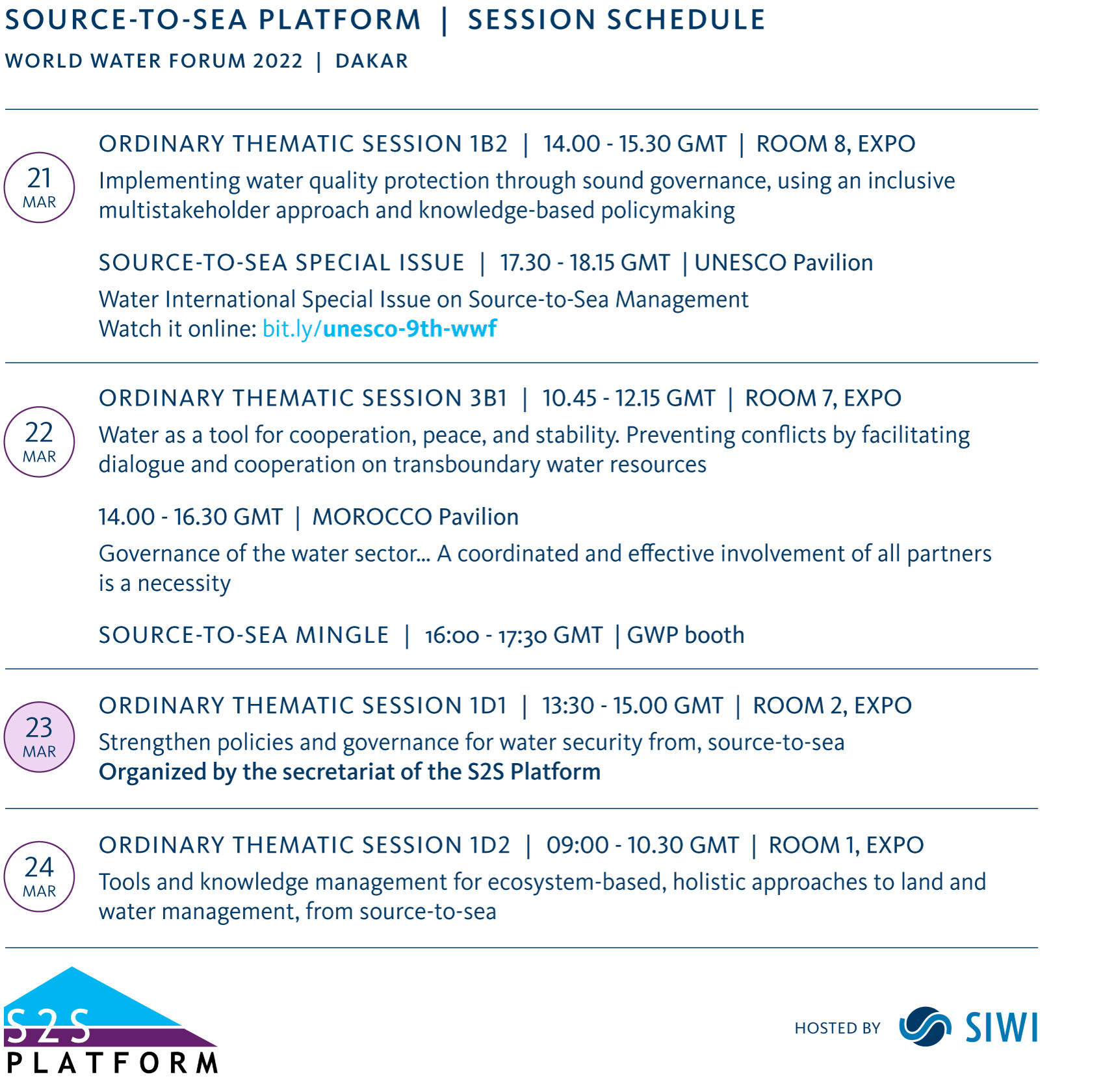
Most recent
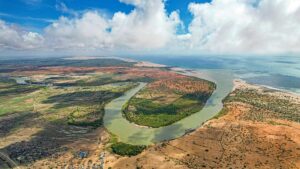
Why sharing data matters for water cooperation in the Juba–Shebelle Basin
- Transboundary Water Cooperation
- Water and climate

TIARA in Zambia: Scaling resilient rainfed agriculture in the Zambezi Basin
- Agriculture and water
- Freshwater and ecosystems/biodiversity
- Resilience through water
- Water in landscapes
- Water and climate

Why climate action must integrate water
- Water and climate
- World Water Week
- Water governance
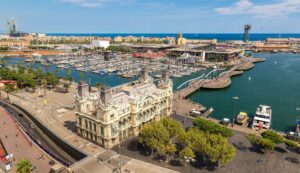
Uniting for a sustainable and healthy ocean
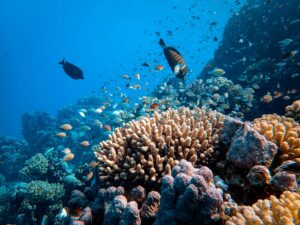
Caring for our ocean from source to sea

Join us for Source-to-Sea synergies at the Ocean Decade Conference
